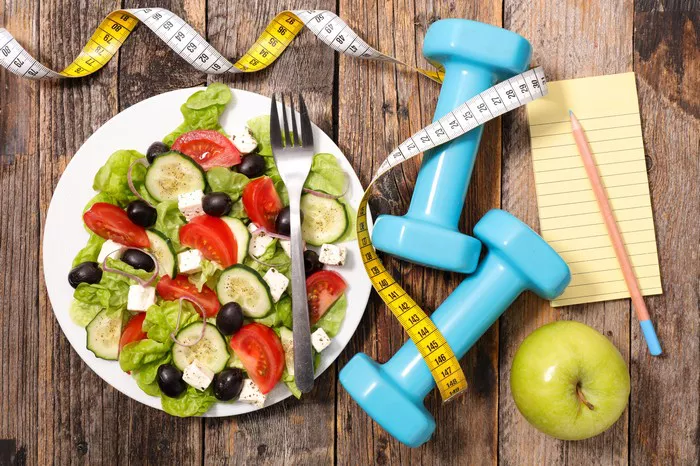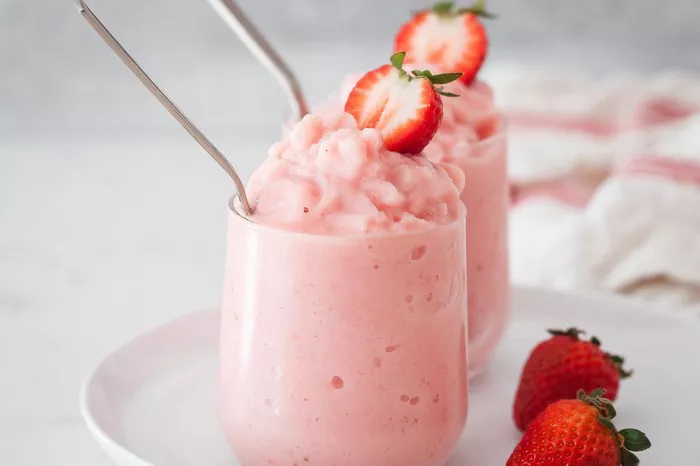Helicobacter pylori, commonly referred to as H. pylori, is a type of bacteria that can infect the stomach lining and cause a range of gastrointestinal issues. If you’ve been diagnosed with H. pylori infection or suspect that you might have it, one important aspect of managing this condition is paying attention to your diet. Certain dietary choices can either aggravate the symptoms or promote healing. In this article, we will explore what to avoid eating due to Helicobacter pylori, providing you with valuable insights for a healthier life.
1. Acidic Foods and Beverages
Helicobacter pylori and Acidic Foods
Acidic foods and beverages can exacerbate the discomfort associated with H. pylori infection. These items can irritate the already inflamed stomach lining, leading to increased pain and acid reflux. It’s essential to limit or avoid the following:
Citrus Fruits: Oranges, lemons, and grapefruits are highly acidic and can trigger discomfort.
Tomatoes: Tomatoes and tomato-based products like pasta sauce can be acidic and irritating.
Carbonated Beverages: Soda and carbonated drinks can introduce excess gas into your stomach, worsening bloating and discomfort.
Coffee and Tea: Caffeinated beverages can increase stomach acid production, leading to more severe symptoms.
2. Spicy and Hot Foods
The Impact of Spicy Foods on H. pylori
Spicy and hot foods, such as chili peppers and hot sauces, can intensify the burning sensation associated with H. pylori infection. Avoid or reduce the consumption of:
Hot Peppers: Chili peppers, jalapeños, and other spicy peppers should be consumed sparingly.
Hot Sauces: Sauces like Tabasco or Sriracha can be particularly troublesome.
Spicy Seasonings: Be cautious with spices like cayenne pepper, red pepper flakes, and curry powder.
3. Fried and Greasy Foods
H. pylori and Fried Foods
Fried and greasy foods are known to exacerbate digestive discomfort. These items can slow down digestion and increase the risk of acid reflux. It’s advisable to limit or avoid:
Fast Food: Burgers, fried chicken, and French fries should be consumed infrequently.
Deep-Fried Snacks: Potato chips, fried appetizers, and similar snacks can be hard on the stomach.
Greasy Sauces: Foods covered in buttery or creamy sauces may lead to indigestion.
4. Dairy Products
Dairy and H. pylori Infection
Dairy products can be problematic for individuals with H. pylori infection, as they can contribute to bloating and discomfort. Consider reducing your intake of:
Milk: Whole milk and full-fat dairy can be heavy on the stomach.
Cheese: Rich and aged cheeses may be harder to digest.
Cream-based Foods: Creamy soups and sauces can lead to indigestion.
5. Alcohol and Smoking
Alcohol, Smoking, and H. pylori
Both alcohol and smoking can worsen the symptoms of H. pylori infection and delay healing. Cutting down on these habits is highly recommended:
Alcohol: Excessive alcohol consumption can irritate the stomach lining.
Smoking: Smoking can slow the healing process of the stomach lining.
6. Processed and Spicy Meats
Processed Meats and H. pylori
Processed and spicy meats are often high in unhealthy fats and can be difficult for the stomach to digest. It’s advisable to limit your intake of:
Sausages: Processed sausages are high in fat and may cause discomfort.
Spicy Deli Meats: Some deli meats are heavily seasoned and can be irritating.
Conclusion
In conclusion, managing your diet is crucial when dealing with Helicobacter pylori infection. Avoiding or reducing consumption of acidic foods, spicy and hot items, fried and greasy foods, dairy products, alcohol, and smoking can significantly improve your comfort and contribute to the healing process.























